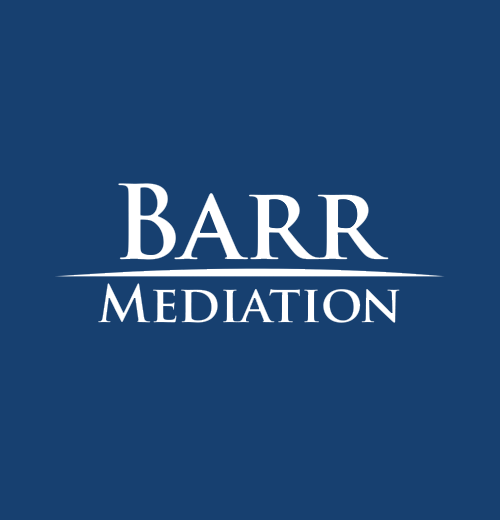I recently heard a mediator say that he never conducts a joint session when mediating litigated cases. He didn’t say he rarely conducts joint sessions – he said never.
That got me thinking. Why would a mediator never consider a joint session, especially when it becomes crystal clear that the settlement discussion is going nowhere in private caucuses?
As a mediator for the past 17 years, I have successfully mediated more than a thousand matters using the private caucus model. It is an excellent model for many, if not most, litigated matters. However, sometimes that model simply doesn’t produce sufficient progress to settle a case. When this happens, I may suggest a strategic joint session.
By the time such a moment arrives, I already have a good idea of what messages need to be conveyed and by whom. With this in mind, I craft focused joint sessions that can include all participants, lawyers-only, clients only, or some variation of these groupings. Quite often, these sessions create the breakthroughs and understandings that are the linchpins of settlement.
A mediator who relies solely on the private caucus model is like a pilot who relies solely on his vision to fly. Sometimes -- when a storm hits and vision sinks to nothing -- an experienced pilot needs to know how to read the instruments to land the plane. Likewise, an experienced mediator knows how to manage the process to reach settlement. This process can sometimes include a strategic joint session.
If you and your clients have sat alone in a room all day, frustrated at the lack of productive negotiation, then you may have worked with a mediator who missed a crucial opportunity for settlement. That mediation may have benefited from a strategic joint session, but the mediator -- especially if he never conducts joint sessions -- probably didn't have the skill set to manage one. An experienced mediator never says never.



